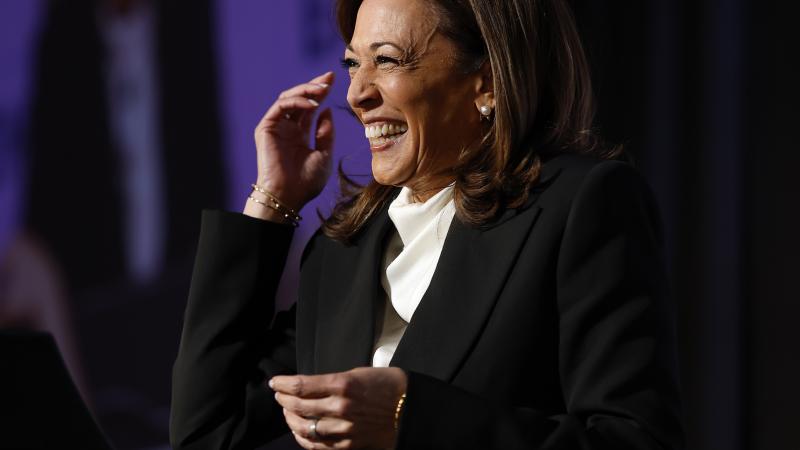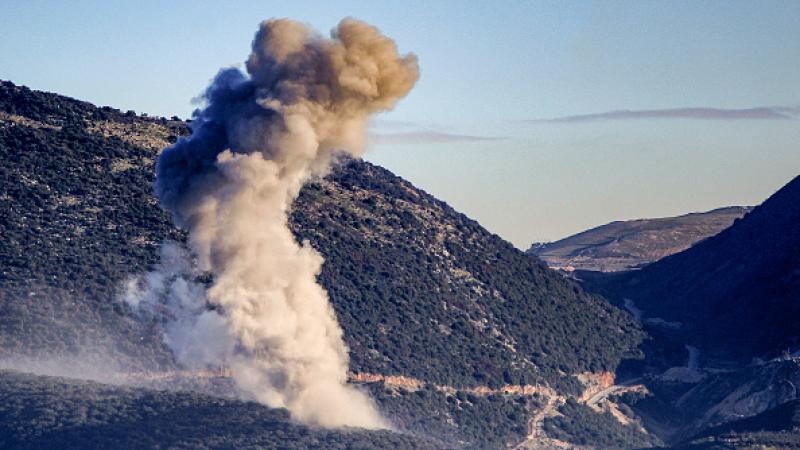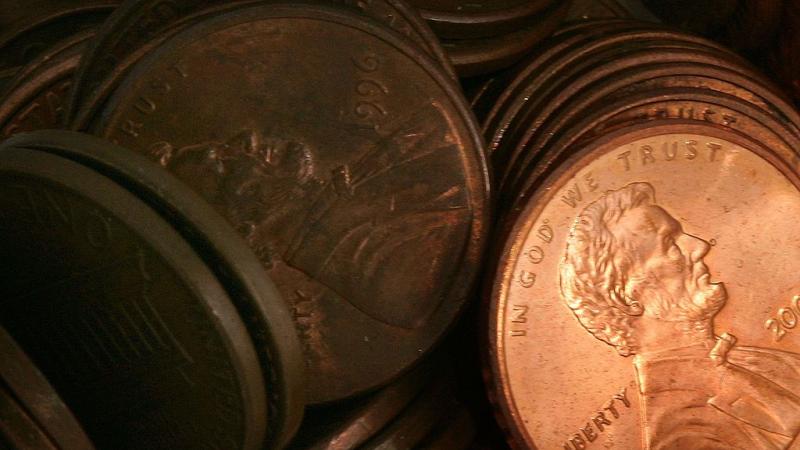Election integrity witness in Lake trial: Maricopa 'misplaced' receipts for early voting ballots
According to a declaration from a Runbeck employee, the delivery receipts for the early voting ballots cast on Election Day never existed.
An election integrity witness in the civil trial of Kari Lake's lawsuit testified Wednesday that Maricopa County said they "misplaced" the delivery receipts for early voting ballots that were delivered to Runbeck Election Services.
Lake, the Arizona GOP gubernatorial nominee, is suing her Democratic opponent, Governor-elect and Secretary of State Katie Hobbs, Maricopa County Recorder Stephen Richer, the Maricopa County Board of Supervisors, and Maricopa County Director of Elections Scott Jarrett, alleging that the "number of illegal votes cast in Arizona's general election ... far exceeds the 17,117 vote margin" between Lake and Hobbs.
Heather Honey, the founder of election integrity watchdog Verity Vote, testified about ballot chain of custody on Wednesday.
Under direct examination by Lake's legal counsel Bryan Blehm, Honey said that when Lake sought all chain of custody documents from Maricopa County, the county provided all of the requested documents except for the county's delivery receipt forms for early voting ballots. The county told them, she testified, that the receipts were "misplaced." However, she said, a Runbeck employee wrote in a declaration that the receipts never existed for Election Day.
Honey explained that when the early voting ballots are retrieved from ballot drop boxes, the Early Votes Ballot Transport Statement (EVBTS) is used to document the chain of custody of the ballots. Maricopa County election officials then create delivery receipts that have the precise counts of ballots loaded onto trucks and transferred to Runbeck, the election services contractor the county uses. Runbeck then creates a document specifying how many ballots were dropped off.
Honey said that none of the delivery receipts were provided for the entire election, including early voting and Election Day.
Richer testified prior to Honey that his office is in charge of maintaining the chain of custody for early voting ballots.
Honey also testified that records of Post Office receipts for mail-in ballots from Maricopa County weren't provided by the county for the chain of custody public records request but that Runbeck has them. The receipts from the Post Office for mail-in ballots are based on the weight of trays that contain mail-in ballots so that the county can pay the Post Office for the postage.
Under cross-examination, Honey said that she knew the receipts existed at Runbeck. The Maricopa County legal counsel said that the defendants held a different position and asked if Honey could have missed the documents. She said, "Absolutely not," adding that they haven't received the Post Office receipts over the last three weeks.
The trial began Wednesday with the testimony of Richer, Maricopa County Director of Elections Scott Jarrett, cybersecurity expert Clay Parikh, Maricopa County temporary technician Bradley Benticort, and RNC roving attorney Mark Sonnenklar.
Jarrett explained under direct examination that the vote center wait times reported by the county were based on prior elections, and calculated that voters would wait in line for about 30 minutes on average. He said that wait times included how long it would take voters to check in at the vote centers. The election director said under cross-examination by defendants' legal counsel that the average wait time for all voters was less than a few minutes on Election Day.
When asked by Lake's legal counsel about reports from poll workers that wait times were over two hours, Jarrett said that those workers report the number of voters in line to the county and could make estimates on the wait times, but unless they were timing voters, it was an assumption.
Sonnenklar, who visited 10 vote centers on Election Day and compiled a report based on his and the other roving attorneys' observations, testified that he believed the Maricopa County Board of Supervisors was not truthful in its response to the Arizona attorney general's office regarding the wait times at vote centers on Election Day. He said that many vote centers had over 80-minute wait times, some of which weren't included on the list that Maricopa sent to the attorney general's office.
The Arizona attorney general's office wrote a letter to Maricopa County attorney Tom Liddy on Nov. 19 regarding the Election Day issues at vote centers in Maricopa County. The county replied to the letter on Nov. 27, saying that it followed the law on Election Day and the election problems were "regrettable." The county insisted, however, that "every lawful voter was still able to cast his or her ballot."
With regard to the ballot-on-demand printer issues, Jarrett also testified that there was no 19-inch ballot design for the 2022 general election since the November election had 20-inch ballots. He said that only the August primary had 19-inch ballots, so the ballot printers couldn't have printed 19-inch ballots instead of 20-inch ballots.
However, Parikh, who has previously worked with election systems, testified that the settings on either the printers or the laptops at the vote centers that sent the ballot print jobs to the printers had to have been intentionally changed to cause the printer errors that were rife on Election Day. Parikh inspected some Maricopa County ballots on Tuesday and testified that he believed 19-inch ballot printing settings were used on 20-inch paper, instead of 20-inch ballot printing settings, which caused the issues with ballots not being read by ballot tabulators.
Richer was questioned by Blehm about his responsibilities as the Maricopa County Recorder, which include early voting ballots and ballots in drop boxes, including any early ballots dropped off on Election Day.
Under cross-examination by the defendants' legal counsel, Richer said that he had "absolutely not" done anything to make the ballot printers not print correctly and did not know of anyone who did.















